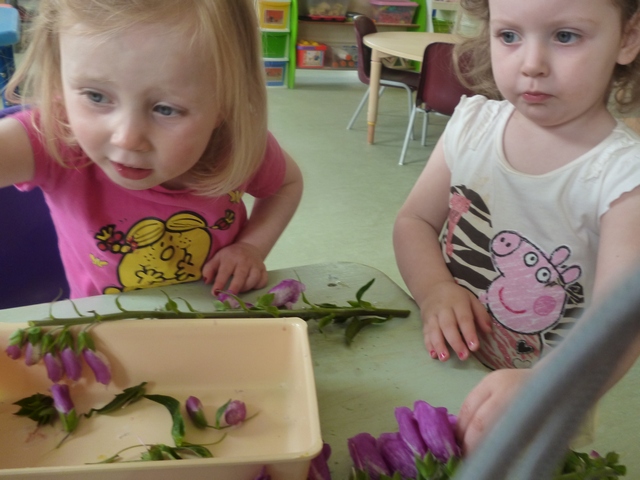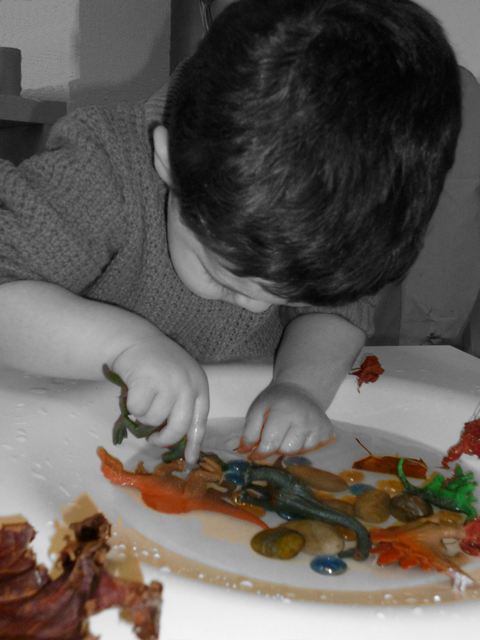Theory of Nature Play

We want to transform our approach to environments, health, and early education.
For children, from babies onward, discovering their own humanity and its relationship to nature begins very early in life.
How can we raise children who care about their earth if they do not first have an opportunity to learn to appreciate and investigate it? Children should be exposed to many elements of the natural world and have an opportunity to develop a sense of their surroundings so that they grow to understand that nature does matter. Especially, young children cannot find this kind of experience inside. Reading about the way the plant grows is never the same as digging the dirt, planting the seed, spilling a little water when caring for it, and watching it daily for some sign of growth and life.
We do know that reconnecting babies, toddlers and young children to the natural world:
- is crucial for their optimal intellectual and physical development;
- provides a sense of refuge and healing in a sometimes violent and frightening world;
- helps them grow into adults who care about environmental stewardship; and,
- nurtures a sense of shared community among the world’s peoples.

To support nature learning experiences in centres requires an intentional examination of all possible opportunities.
To implement these enriching experiences both indoors and out, the following principles should guide the actions and decisions of adults:
- 1. Children will have time out-of-doors in nature that is spontaneous and unstructured, with peers or family. We will promote observations and discovery and foster creativity and imagination.
- 2. We will create opportunities to promote nature learning which is likely to be at least semi-structured, using nature as the source of learning and inquiry (e.g., in forming the foundations of various arts and sciences).
- 3. Children will have daily opportunities to experience the land, water, and living things in their surroundings. It is through these natural experiences that they will develop both an attachment to and an understanding of their world and of other species.
- 4. Project work will include an active, hands-on approach to nature and the opportunity to develop integrated natural science knowledge.
- 5. Nature learning experiences will be developmentally appropriate recognizing that young children (prior to age nine) need experiences that support their natural affinity with nature and which are directly accessible to them (e.g., learning about birds in the local area rather than those in a far off jungle). Without an opportunity to experience, children will not have an opportunity to develop appreciation or connections. Children should not be flooded with only negative facts and concerns about the earth before having a chance to develop their own sense of place.
- 6. A common sense approach by adults will support children in the challenges of their out-of-doors learning. Children will be allowed both direction and freedom to investigate and explore with reasonable safety considerations and toleration for messiness.
- 7. Practitioners will bring natural materials into their indoor environments. Centres will be beautiful, engaging, and amazing places that are decorated in calm natural colours.
- 8. Community and school leaders will build ―green schools‖ that are energy efficient, sustainable, and provide healthier learning environments for both children and those who work with children in those settings.
- 9. Adults will take care not to allow the lure of technology to override the allure of nature. The unprecedented opportunities technology offers to learn more about nature should be used to supplement real nature experiences.

Natural Benefits for Children when we follow these principles.
Children who have more positive and enriching experiences in the natural world are more likely to become better-informed adult consumers and savers who are environmentally alert to their own lifestyles and practices.

